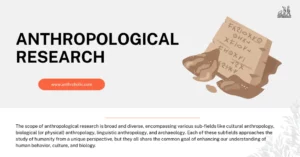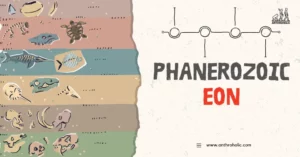AI Answer Evaluation Platform Live Now. Try Free Answer Evaluation Now
Theory of Recapitulation or Embryological Parallelism
The Theory of Recapitulation, also known as Embryological Parallelism or Biogenetic Law, is a scientific theory that proposes a parallelism between the ontogeny (development of an individual organism) and the phylogeny (evolutionary history of a species). According to this theory, the stages of embryonic development of an organism recapitulate its evolutionary history, from the simplest to the most complex forms.

The idea that embryonic development reflects evolutionary history can be traced back to the work of Aristotle, who believed that the development of an organism represented a process of unfolding or entelechy, rather than a series of transformations. However, it was not until the 19th century that the theory of recapitulation was developed in a more systematic way by biologists such as Ernst Haeckel, Karl von Baer, and Charles Darwin.
Haeckel, a German biologist and philosopher, was one of the most influential proponents of the theory of recapitulation. He argued that ontogeny recapitulates phylogeny because the embryonic development of an organism goes through stages that resemble the forms of ancestral species. Haeckel claimed that this process was driven by the biogenetic law, which stated that “ontogeny repeats phylogeny in a condensed and modified form.”
Haeckel’s theory of recapitulation was based on his observations of the embryos of various animals, which he believed showed a remarkable similarity in their early stages of development. For example, he noted that the embryos of fish, reptiles, birds, and mammals all had gill slits and a tail at some point during their development, which he believed was evidence of their common ancestry.
Crticisms
However, Haeckel’s theory was criticized by other scientists for its oversimplification and inaccuracies. One of the main criticisms was that Haeckel had exaggerated the similarities between embryos of different species, and had even manipulated his drawings to make them appear more similar than they actually were. Another criticism was that Haeckel’s theory ignored the influence of environmental factors on embryonic development, such as nutrition, temperature, and hormonal changes.
Despite these criticisms, the theory of recapitulation continued to be influential in the 20th century, particularly in the field of developmental biology. Many biologists believed that the study of embryonic development could provide insights into the evolutionary history of species, and could help to explain the diversity of forms and structures that we observe in the natural world.
However, in the latter part of the 20th century, the theory of recapitulation came under further scrutiny and was largely discredited. This was due in part to advances in genetics and molecular biology, which revealed that the development of an organism is not simply a repetition of its genetic history. Instead, embryonic development is influenced by a complex interplay of genetic, epigenetic, and environmental factors, which can lead to significant variations in form and function even within a single species.
Moreover, the theory of recapitulation has been criticized for its teleological assumptions, which imply that the developmental process has a predetermined end or goal. This idea of “ontogeny as destiny” has been challenged by more recent research, which suggests that the developmental process is more contingent and adaptable than previously thought.
Despite these criticisms, the theory of recapitulation has had a lasting impact on the study of embryonic development and evolutionary biology. It has inspired many important discoveries and insights into the ways in which genetic and environmental factors interact to shape the form and function of organisms.
Conclusion
Moreover, the theory of recapitulation has helped to foster a deeper appreciation for the complexity and diversity of life on Earth, and has contributed to our understanding of the evolutionary relationships between different species. Although the theory may no longer



